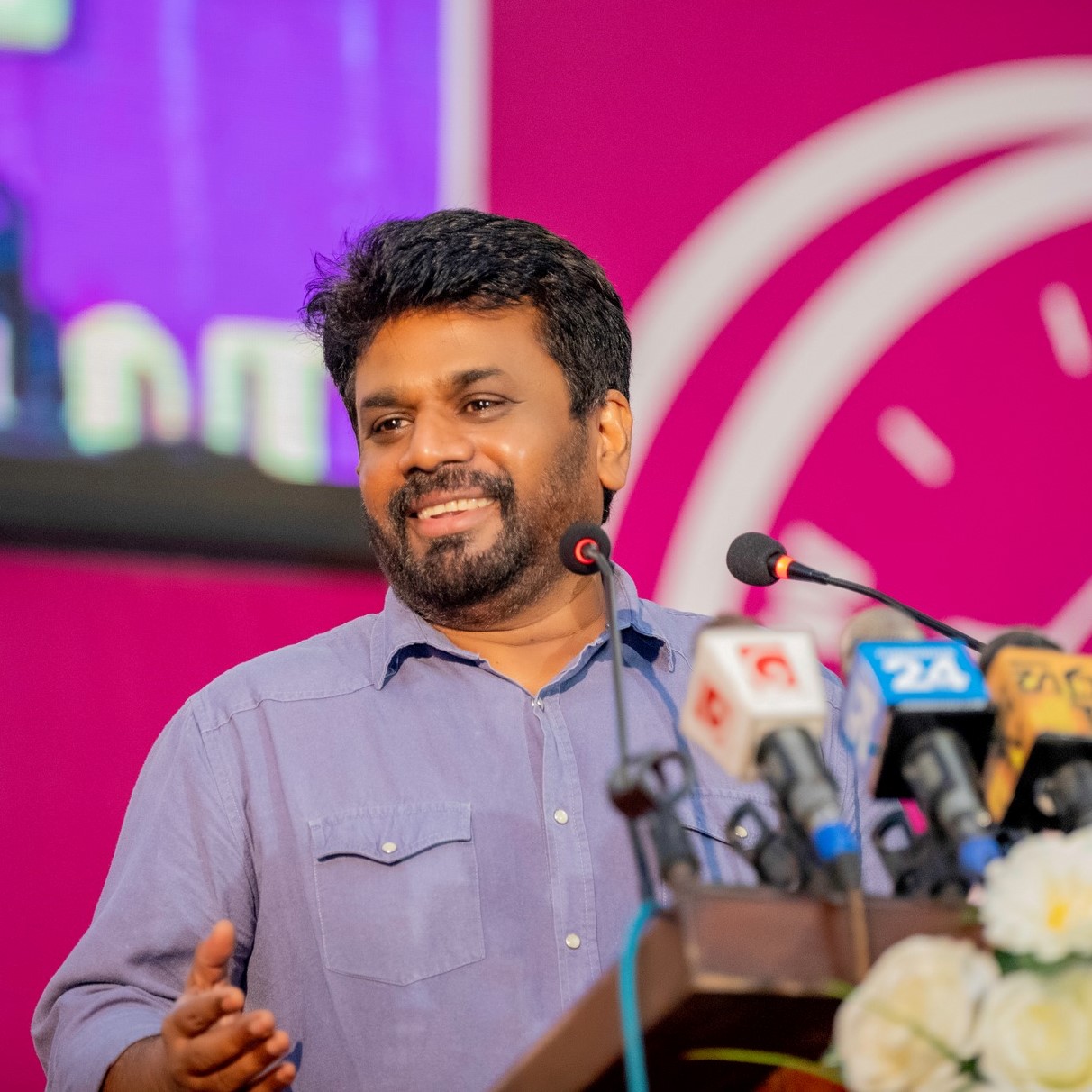Sri Lanka Elects Marxist Leader Anura Dissanayake as New President Amid Economic Turmoil
Sri Lankans have chosen Anura Kumara Dissanayake as their new president, trusting in his anti-corruption stance and economic recovery plans following the nation's severe financial crisis. Dissanayake defeated incumbent President Ranil Wickremesinghe and opposition leader Sajith Premadasa. The election marked a historic second tally due to no candidate securing 50% of the votes.

Sri Lankans elected Marxist-leaning Anura Kumara Dissanayake as their new president on Sunday, signaling faith in his pledge to combat corruption and support a fragile economic recovery following the country's worst financial crisis in decades. Dissanayake, 55, who lacks the political lineage of some rivals, led the vote count from start to finish, triumphing over incumbent President Ranil Wickremesinghe and opposition leader Sajith Premadasa.
"We believe that we can turn this country around, we can build a stable government... and move forward. For me, this is not a position, it is a responsibility," Dissanayake told reporters following his confirmed victory after a second tally of votes. The election acted as a referendum on Wickremesinghe, who managed the country's heavily indebted economy through an austere recovery, unsettling voters who placed Wickremesinghe third with 17% of the vote.
"Mr. President, here I hand over to you with much love, the dear child called Sri Lanka, whom we both love very dearly," Wickremesinghe, 75, declared in a concession statement. Dissanayake secured 5.6 million or 42.3% of the votes, a significant increase from the 3% he garnered in the 2019 presidential election. Premadasa followed with 32.8%.
For the first time in Sri Lanka's history, the presidential race required a second tally to determine the winner, as no candidate achieved the mandatory 50% threshold during the first count. Voters cast three preferential votes, with the second tally deciding the winner based on these preferences. Approximately 75% of the 17 million eligible voters participated, reflecting high engagement since the country's 2022 economic crisis prompted by a severe foreign exchange shortage, leading to the resignation of then-President Gotabaya Rajapaksa.
Dissanayake presented himself as a candidate of change amid austerity measures from a $2.9 billion IMF bailout, promising to dissolve parliament within 45 days for new elections. "The election result shows the 2022 uprising isn't over," commented Pradeep Peiris, a political scientist at the University of Colombo. "People aspire for different political practices and institutions." Despite concerns over Dissanayake's manifesto potentially conflicting with IMF fiscal targets, he assured all changes would be in consultation with the IMF and affirmed commitment to debt repayment.
Supported by the IMF deal, Sri Lanka's economy is tentatively recovering, expected to grow this year for the first time in three years with inflation under control. However, the high cost of living remains a critical issue, with many voters hoping for an improved future under Dissanayake, who ran for the National People's Power alliance. Despite his party's limited parliamentary presence, his anti-corruption and poverty support measures boosted his popularity.
Dissanayake faces the task of maintaining the IMF programme until 2027, stabilizing the economy, attracting investment, and lifting millions out of poverty. "The root cause of our downfall is poor management. If we have a good manager, we can succeed," remarked Janak Dias, a real estate businessman.
(With inputs from agencies.)










